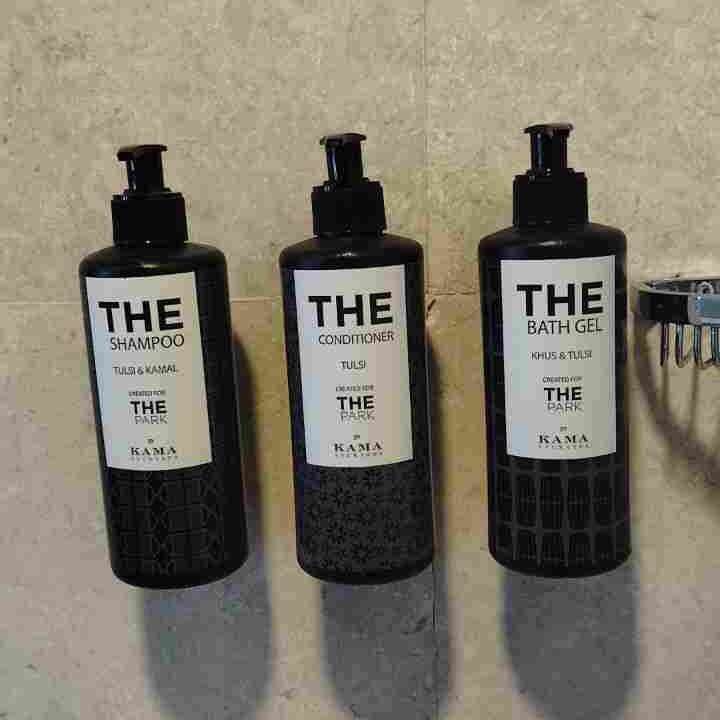
From eliminating single-use plastics to engaging communities, the hotel chain exemplifies how the hospitality industry can provide luxury with sustainability harmoniously. Responsible choices today pave the way for a greener tomorrow.”
– Avneet Sahi
As the sun rises over Jantar Mantar, a quiet revolution is taking place within the walls of The Park New Delhi. Inside this stylish, art-inspired hotel, sustainability is not just a concept — it is a way of life. Avneet Sahi, Associate Director, Housekeeping at The Park-New Delhi, shares how the hotel is pioneering eco-conscious hospitality while overcoming challenges to create a greener tomorrow

Goodbye to Single-Use Plastics
For years, single-use plastics were a silent yet significant contributor to environmental degradation. Recognizing this, The Park Hotels took a bold step of replacing plastic shampoo, body wash, and conditioner bottles with refillable dispensers and switching to biodegradable shower caps. The most visible change, however, was the elimination of plastic water bottles in guest rooms, replaced with elegant reusable glass bottles. These initiatives have not only reduced plastic waste but have also set a precedent for sustainable hospitality.
Water Revolution
Water, an essential yet often wasted resource, became another focal point in the hotel’s sustainability mission. “Collaborating with the Indian Green Building Council (IGBC), we have introduced an innovative approach — recycling water from their Sewage Treatment Plant (STP) for toilet flushing.” The use of recycled water led to an unexpected challenge of occasional discolouration. Guests, initially sceptical, were reassured by informative text cards placed in bathrooms, explaining the eco-friendly initiative. Over time, awareness grew, and concerns faded, proving that education is key to acceptance.
Challenges with Innovation
Sustainability, while rewarding, comes with its fair share of obstacles. The transition from plastic to glass water bottles was met with resistance, particularly from international travellers accustomed to packaged mineral water. To ease their concerns, the hotel introduced an advanced RO purification system and provided alternative water options. Another challenge arose with the fragility of glass bottles, but careful handling and a dedicated disposal system for breakages ensured minimal waste. Meanwhile, a comprehensive waste management strategy was implemented — biodegradable and recyclable materials were separated at the source, and certified vendors ensured responsible disposal.


Culture of Sustainability
Sustainability extends beyond infrastructure — it is a mindset ingrained into every aspect of operations. Staff members undergo regular training, immersing themselves in educational videos on pollution, renewable energy, and responsible resource use. Environmental awareness days bring employees and guests together for tree-planting activities, hand hygiene initiatives, and even poster-making competitions involving staff families. The winning posters find a home on hotel walls, proudly displaying messages of sustainability.
The vision for sustainability stretches beyond its doors and into the community. The hotel has taken the responsibility of preserving Jantar Mantar, investing significantly in its upkeep and maintenance. This initiative underscores a deep-rooted belief that sustainability is not just about conserving nature but also about protecting cultural heritage.







